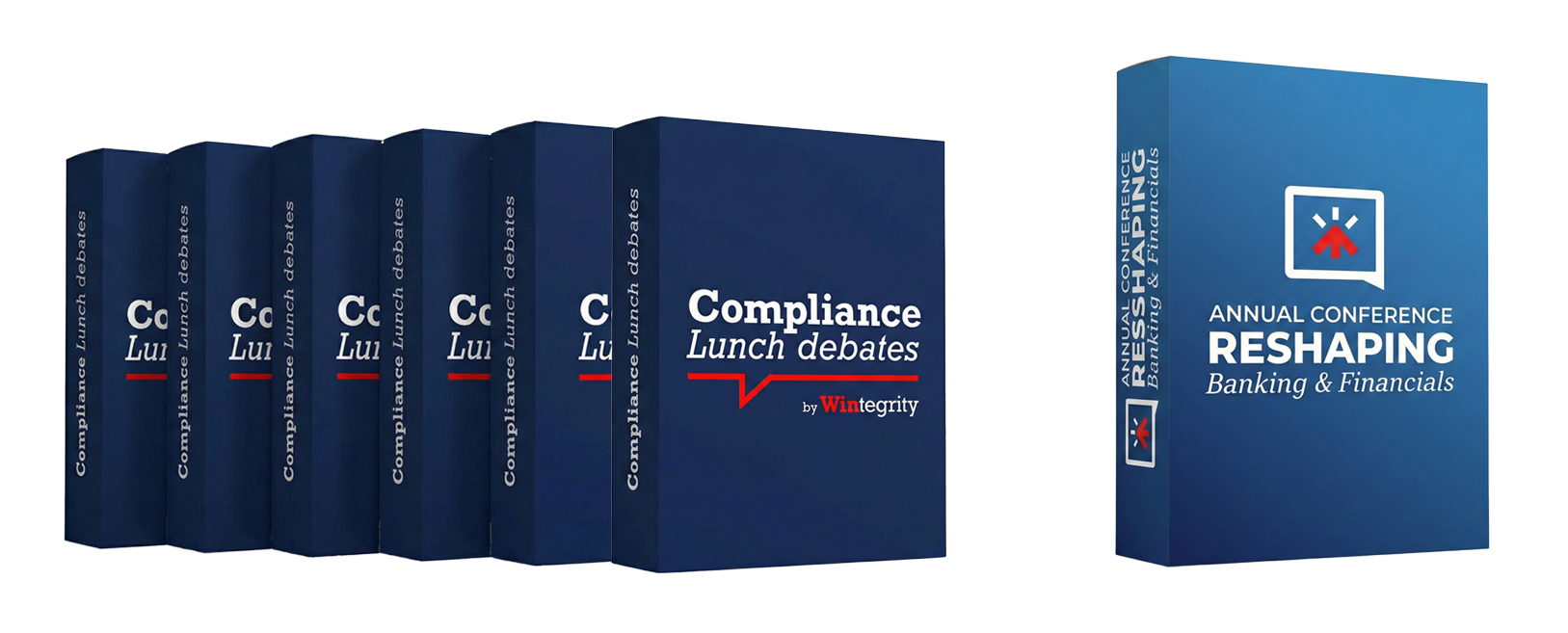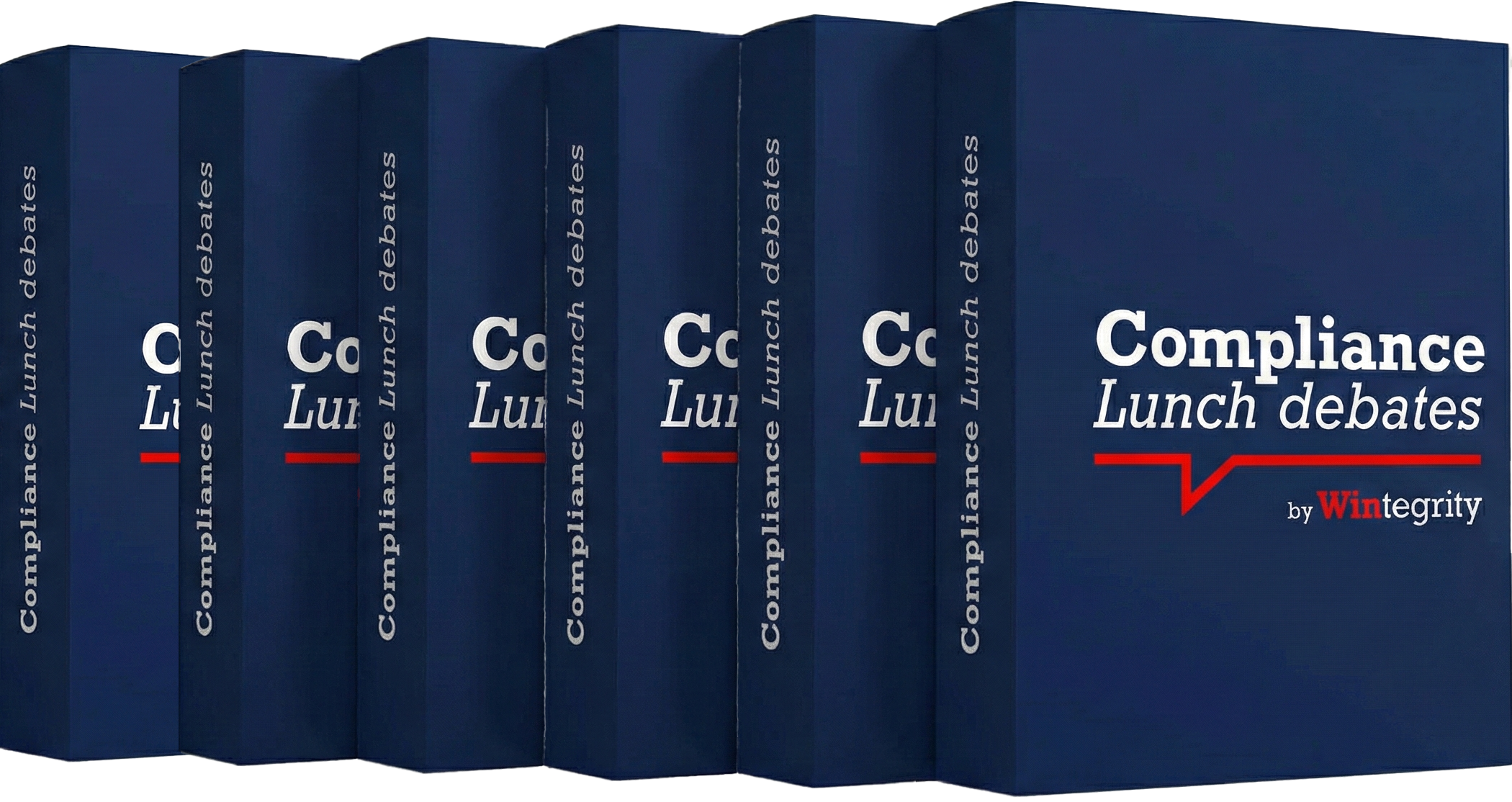DESCRIPTION
The Compliance Lunch Debate, titled "The Fight Against Money Laundering in 2025: Transposition of the European AML Package & Regulatory Priorities”, will focus on several key topics driven by recent legislative changes that will shape the landscape of tomorrow. As the year draws to a close, priorities for the upcoming year are being set. Representatives from the National Bank of Belgium (NBB) and the Federal Public Service (FPS) Economy, responsible for AML policy, will share their insights and perspectives on key challenges and developments in the fight against money laundering.
We will discuss the impact of governance with the upcoming European Authority, AMLA, and its implications for Belgian financial institutions that do not fall under the direct supervision of this new entity. The session will also highlight the new obligations for financial institutions regarding customer due diligence, as well as the expected impact on self-regulated professions, which will soon face enhanced supervision.
Additionally, the discussion will address the latest developments that may affect de-risking strategies, cash handling, and the impact of recent legislative changes concerning basic banking services for businesses. We will explore the practical steps necessary to meet these new regulatory requirements and examine the challenges ahead for AML Compliance Officers (AMLCOs) in navigating this evolving landscape.
Join us on Tuesday, December 10, in Brussels or online to gain practical insights from expert speakers and peers on these pressing topics.
ACCREDITATION
Each Compliance lunch debate is worth 1.5 points for the continuing education of Compliance officers.
DATE & TIME
Tuesday 10 December 2024, from 12:00 to 14:30
2.5h / 1.5 points
VENUE
Brussels
or online









